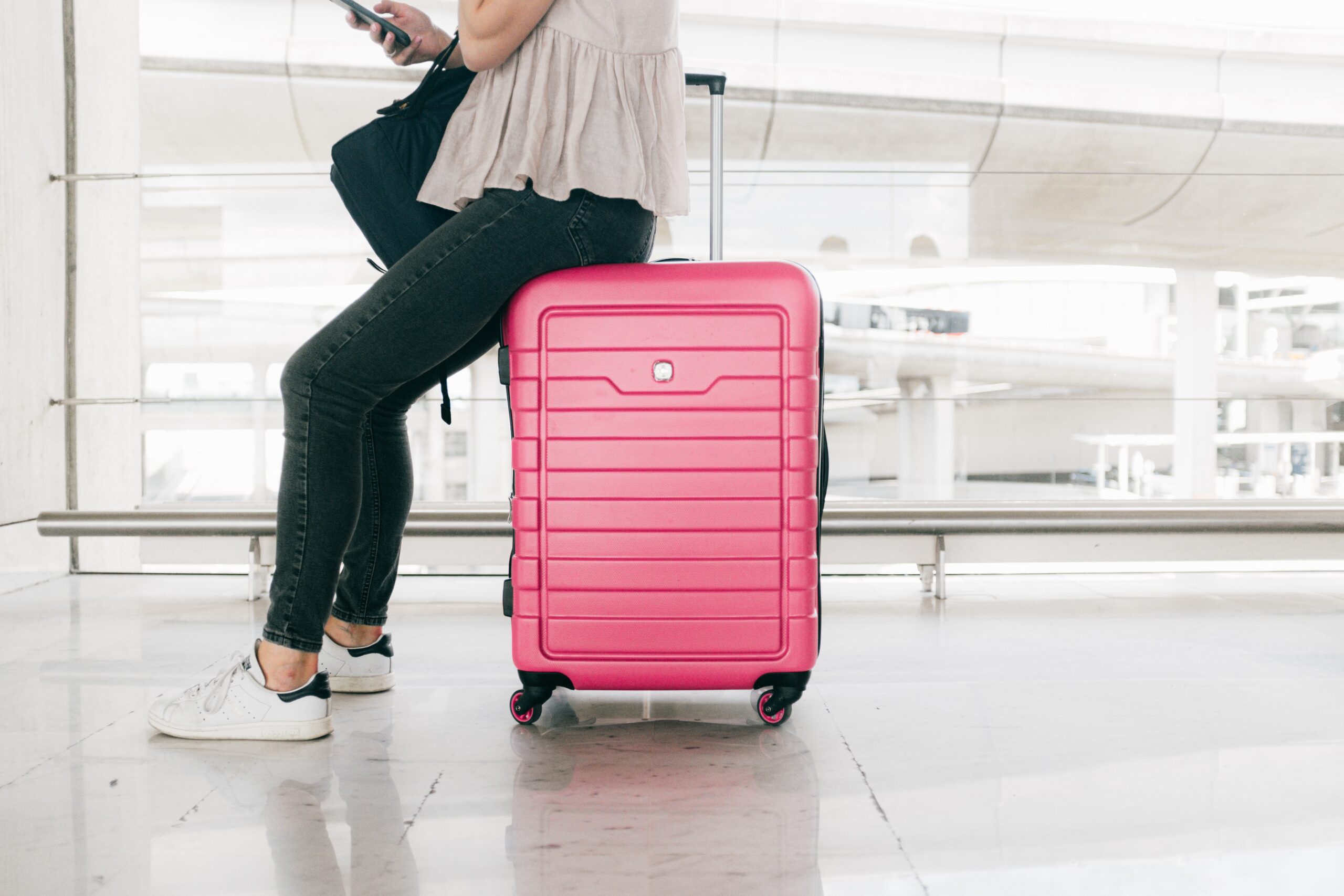When can I deduct travel expenses on my federal tax return?

Before the Tax Cuts and Job Act of 2017, many more Americans were able to deduct travel expenses on their federal tax return. But after that act went into effect, employees could not deduct travel expenses for work (or any expenses for work on their federal tax return). However, some taxpayers can deduct travel expenses due to exceptions, some other travel, and if they are self-employed. Let’s take a look.
The Form 2106 exceptions
There are several work-related situations listed in the Form 2106 -instructions which still allow some travel expenses to be deducted:
- Armed Forces Reservists and National Guard members who travel more than 100 miles to perform duties in their service may qualify to deduct qualified unreimbursed travel expenses.
- A fee-basis state or local government official may deduct some unreimbursed work-related expenses, including travel expenses.
- A qualifying performing artist may also deduct work-related expenses, including travel. A qualifying performing artist has an Adjusted Gross Income (AGI) of less than $16,000 before deducting expenses and has to have been an employee of at least two employers serving in the performing arts. There are additional criteria.
You can find more information on these exceptions in the Form 2106 Instructions and in Publication 463.
Itemized deductions
The big thing about itemized deductions is most taxpayers don’t benefit from itemizing. You can either itemize or you can take the standard deduction.
If you take the standard deduction, you subtract a specific amount from your income before your income tax is calculated. This lowers our tax liability.
For example, the 2021 standard deduction for filing single is $12,550 and filing married filing jointly is $25,100. When you itemize, you add up all the things the IRS allows you to take as an itemized deduction, and you can use that instead of the standard deduction.
For most people itemized deductions don’t add up to an amount that it makes sense to itemize instead of taking the standard deduction. However, if it is beneficial for you to itemize, here are two times you can take some travel expenses:
- If your medical expenses are high enough, you can deduct some related travel expenses. These expenses can include car expenses, transportation expenses, and some lodging expenses (the details for all of these are important). You can find more details for this deduction in Publication 502.
- It is possible to take charitable contribution deductions for car expenses and for travel expenses when performing services for a qualifying organization. You can find more details in Publication 526
Self-employed and business travel expenses
Most commonly, we see taxpayers take travel expense deductions when they file a Schedule C tax form if they are self employed or if they have their own business. The most common deduction is vehicle expenses incurred while using a vehicle for business purposes within the normal operating area of the business.
But let’s take a look at travel further away.
The IRS only wants you to deduct valid travel expenses that are ordinary and necessary when traveling away from your tax home (the general area in which your business is located).
Travel expenses away from your tax home are deductible if the work location is expected to be temporary (less than one year). Conventions or training travel expenses can be deductible if it benefits our trade or business.
Some things that generally can be deductible are:
- The actual travel costs (If you use “points” or “miles,” your travel costs may be zero.)
- Fares for things like taxis and rideshare services
- Using a car at your business destination
- Shipping and baggage costs
- Tips for necessary services
- Lodging
- Non-entertainment meals
- Ordinary and necessary business expenses
Keep good records for any expenses deducted and don’t deduct expenses that were paid for by someone else.
If you are combining business travel with personal travel, some special rules apply. You can find more details on deducting self-employed and business travel expenses in Publication 463.
Those with Residential Rental Property may also be able to deduct some travel expenses and you can find information on those deductions in Publication 527.
Since the ability for most employees to take business travel tax deductions is no longer available on federal taxes, it is obviously best to try to get your employer to cover any of these expenses. But if you do have employee business expenses, you should still track them in case the tax law changes, and also because some states do still allow employee business expense deductions, including for business travel.
If you are in the position of deducting travel expenses, always make sure you keep good records and keep those records with your tax returns. Happy travels!